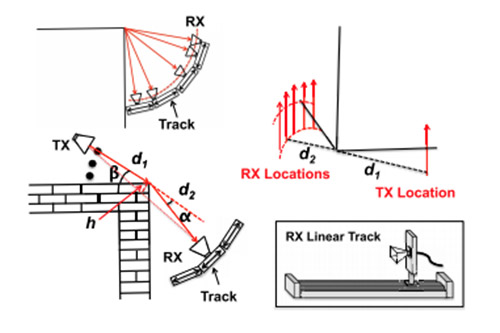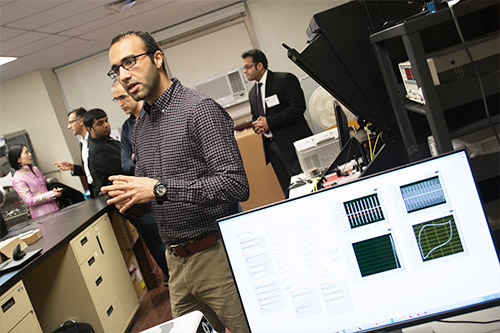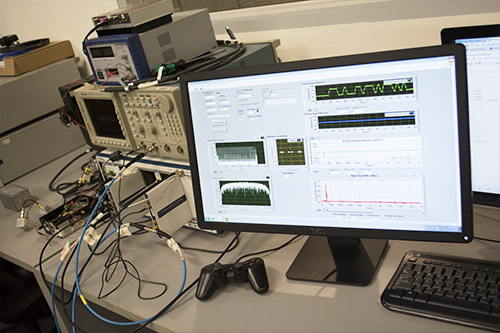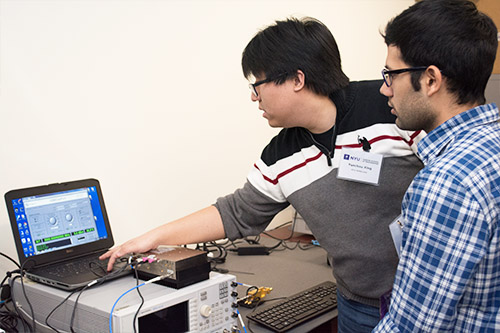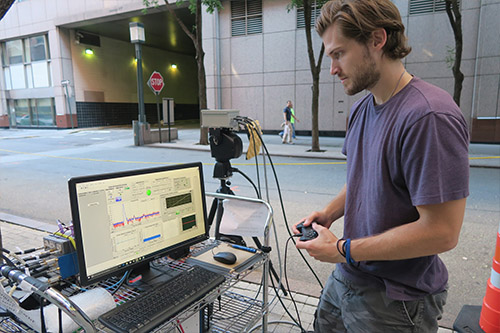NYU researchers develop mobile self-care tools to mitigate onset of lymphedema
Each year, about 1.38 million women worldwide are diagnosed with breast cancer. Advances in diagnosis and treatment have facilitated a 90 percent, five-year survival rate, among those treated. Given the increased rate and length of survival following breast cancer, more and more survivors are facing a life-time risk of developing breast cancer-related lymphedema; one of the most distressing and feared late onset effects.
Lymphedema, characterized by the abnormal swelling of one or more limbs, is most often the result of an obstruction or disruption of the lymphatic system over the course of the cancer treatment. Lymphedema usually manifests after a latent period of one, to five, or even as much as twenty years, after treatment. Consequently, lymphedema remains a major health problem, affecting 40% of the 3.1 million breast cancer survivors in the United States and exerting a tremendously negative impact on survivors’ quality of life.
To counteract the paucity of follow-up information and to augment early diagnosis and interventional treatment, Dr. Fu, Dr. Yao Wang (Professor of Computer Engineering at NYU Tandon), Dr. Deborah M. Axelrod and Dr. Amber Guth (Professor of Surgery, NYU Langone Medical Center), and fellow NYU researchers developed “The Optimal Lymph-Flow” (TOLF), an electronic teaching system to assist breast cancer survivors in-home post-operative self-care.

 2026 Open House
2026 Open House 2025 Brooklyn 6G Summit — November 5-7
2025 Brooklyn 6G Summit — November 5-7 Sundeep Rangan & Team Receive NTIA Award
Sundeep Rangan & Team Receive NTIA Award

